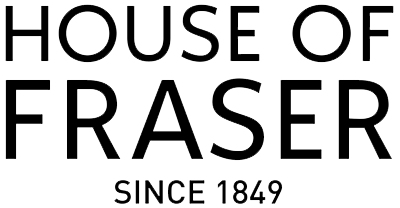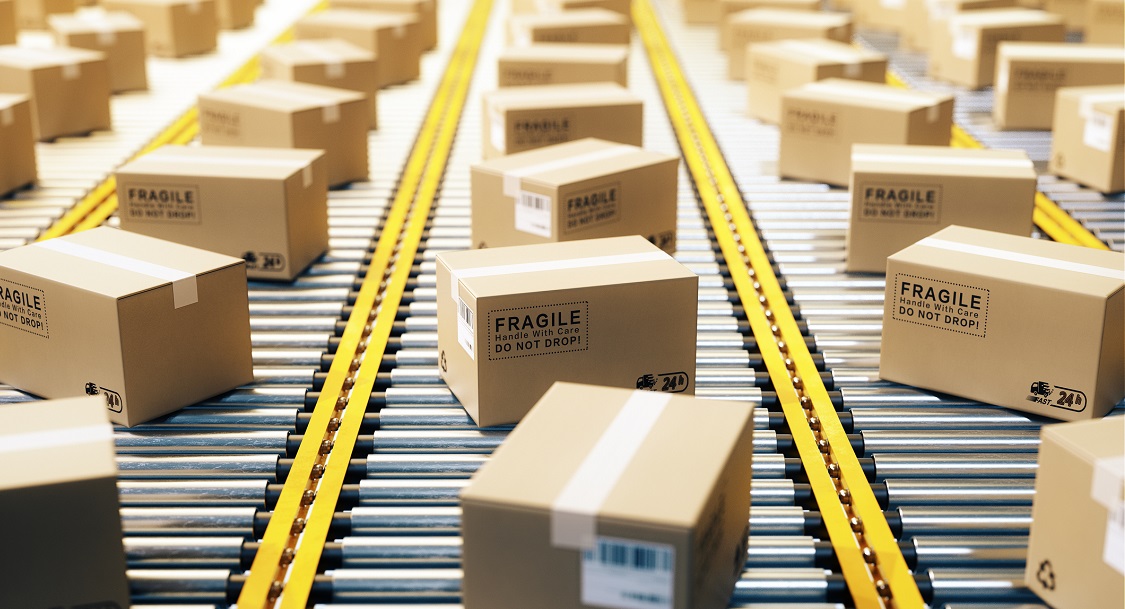After running a keynote at the White Label World Expo in London this week, I’m now pretty clear that the only people holding back the integration of multiple channels around the needs of the customer are the owners themselves.
What is the role of the store?
It’s not the store that’s dead, it’s the store as it’s currently formatted. Think about the new generation of stores – pop-ups, unmanned, experience only, mini-convenience, showroom, flagship, mini-market, shared brand – the permutations are endless, and they all embrace how we shop today.
We all talk about the customer journey but unlike most journeys, it is not linear. All we know is, it probably starts online but after that, even the Chinese government couldn’t keep trace of the consumer’s random wanderings from channel to channel until the sale is made.
Growing cost of online customer acquisition
What this means for online sellers is, they are missing a lot. Optimised to the max for consumers who start and finish online, many online retailers are now finding that their sales and margins are being eroded by competition and the growing cost of trading and marketing. You only had to look at the stands at White Label to see that the growing number of services around online optimisation must be eating into margins unless the providers can really ramp up the volumes.
Where next for the online experience?
Experiential retailing has been shown to generate up to 16% higher sales and despite the best efforts of online tech companies to improve the online experience I’ve never seen anything that can come close to what physical retail can do. Online is not immersive, it’s not multimedia, it’s not intimate, it is not responsive or personal and it is not human.
Now, I’m not saying I’m the first person to understand this and I think there is a dawning of a new realisation that online and the store are starting to come together. John Lewis or Ocado building more warehouses in order to be more responsive to local demand is not necessarily a sign that we are going back to stores, but it may be. After all, if Ocado later realises that it needs to build satellites to its mini warehouses, then surely that is near as damn it a store, once the public come in for a click and collect or to browse a limited range of goods that Ocado feels it can curate as part of a limited retail experience.
Or John Lewis may choose to complement its store offer with pop ups that display a limited range that can then be picked up in a store or a local warehouse.
Physical space is here for the taking
There is certainly no shortage of existing retail space available to do some clever things, even if they are temporary, such as setting up pop ups to exploit celebrations or other peak events.
In an excellent article in the Guardian by Samanth Subramanian there is a quote from architect Tim Ward from Chetwoods who talks about, “brownfield sites in London that the e-commerce industry can swallow: real estate that has fallen into disuse, and that can be re-purposed to hold inventory and sort deliveries. Car parks, for instance, that will empty out as people drive less, and which can be converted into fulfilment centres for half-hour orders. Or multi-storey towers, each floor connected to the next by a ramp, so that vans can drive goods up and down the building. Or underground storage caverns, one of which is already being prepared near Heathrow”.
Ward surmised: “Why fill that void in? Why not use it for logistics? It makes an ideal use, and then you can put a lovely park across the top of it.”
What’s the new landscape of retail?
They see more warehouses, where I see stores and I think this is a big clue to the future of retail. But to return to my headline, I think that while many retailers understand this they are simply not geared up to take advantage of it, whether by management, structure or enabling tech. The departmentalisation of retail continues and it must not be left to the consumer to break down the walls.
At Fieldworks Marketing we understand the challenges of retail and advocate technology as an enabler. We specialise in helping retail tech brands build visibility and reach prospects with our award winning digital marketing and PR.
To find out more visit: http://www.fieldworksmarketing.co.uk/



















